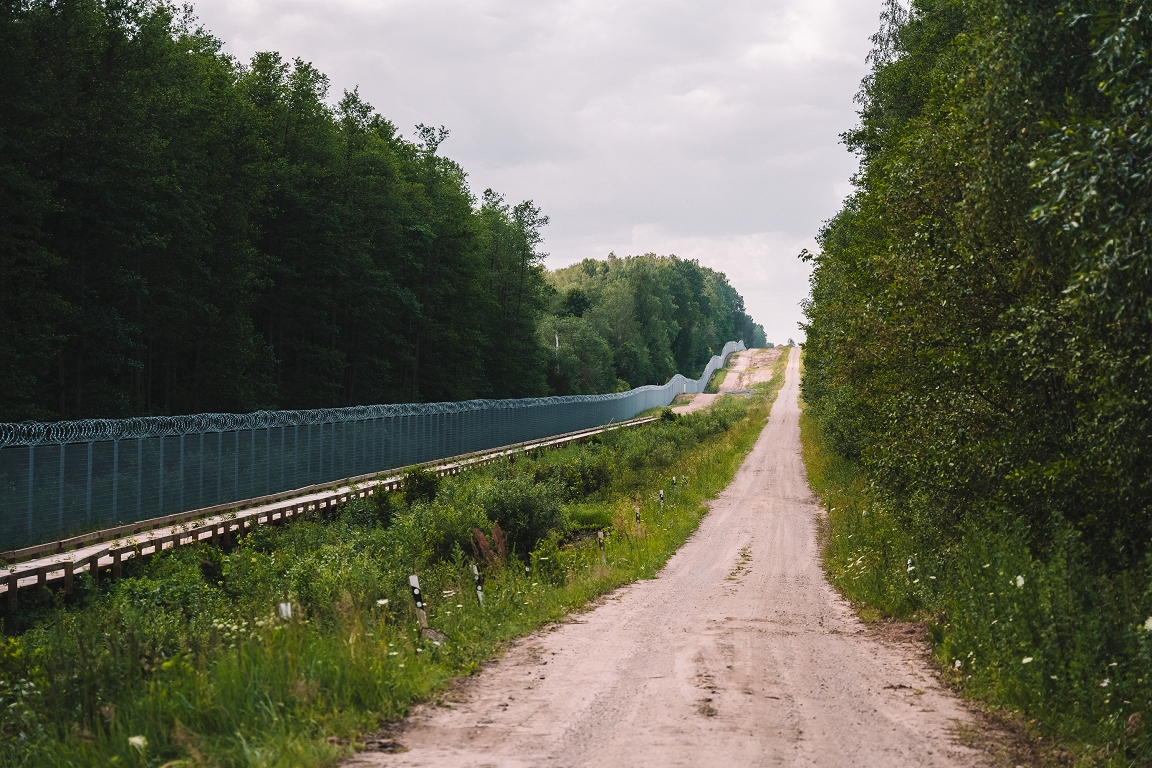How ‘Oroppa’ was the first debut novel to win the Libris Literature Prize
:format(webp)/s3/static.nrc.nl/wp-content/uploads/2024/08/30093538/data120981037-74ed2f.jpg)
It had never happened in the 31 years that the Libris Literature Prize has since been awarded: that a debut was declared the winner, as the best novel of the year. Oroppa From Safae El Khannoussi is now the first. The jury was ‘overwhelmed’ by her firstling, said the jury chairman, journalist and writer Sheila Sitalsing, at the festive announcement of the winner, Monday evening in Felix Meritis in Amsterdam.
And so the Libris Literature Prize was awarded to Debutant Safae El Khannoussi (1994): the most influential, leading literature prize of the Dutch language area, worth 50,000 euros. It is already the second big prize for Oroppa: In March, the book De Boon, the Flemish counterpart of the Libris Prize, also received a prize money of 50,000 euros. Such a double crowning is almost never occurred: only Anjet Daanjes Ooievaar and Dromedaris song That honor, but that was, according to the then jury, a novel « of the outdoor category ».
This year too, the jury dared a small lead over literary history: « We have chosen the book that we think it will still wonder and move in ten or twenty years, and that will be remembered for a long time as an exceptional story. »
Which makes Oroppa Then so exceptional? How could this be a debut novel that writes history?
No average
In any case, it is not an average debut: no autobiography here, no coming-of-age, no straightforward I-story. Safae El Khannoussi explodes a fragmentation bomb of multi -colored stories in her novel, with the artist Salomé Abergel as mysterious center – she was once tortured in a prison, in the meantime she is fleeing those ghosts from her past. Oroppa blows out for the stories of her son who run a Parisian night pub, her blowing house top, her executioner, and many others.
But the jury saw no others, but himself. « We have chosen the novel that has made us descend deeply into ourselves and let us look in the mirror: this is who we are, » Las Sheila Sitalsing from the jury report. « This story, that’s how the reader feels page after page, must be told, and now, because this is also our story. » Note the words ‘us’ and ‘we’ in these report sentences. They gradually refer to the five jury members, but also to the readers of Oroppa And the populations to which they belong.
Because that’s what the novel is about: the title Oroppa Is not without reason the word for Europe in the North African Arabic. For example, the title already betrays that the gaze of immigrants is central here, ‘their’ view of ‘us’, on the European continent. An outsiders’ tin, you could say, and Oroppa Indeed, initially, as a story of the back streets, messy night cafés and non-descripted snack bars, coffee shops and dry cleaners. The area outside of the full light, where the scoops and misfish stop. « The novel outlines Europe that will be exposed when we start rooting below the surface, » the jury said.
Read also
Safae El Khannoussi makes his debut with a thunderous novel full of crazy stories and harrowing pain
At the same time, the book, in those stories of characters with roots in North Africa, shows that they have now also grown with their new continent. Europe is in Oroppa « A continent that has been given its form through the great migrations of the past century. » This debut novel therefore writes history because it describes history. The – perhaps perhaps confrontational – outcome: ‘they’ are part of that ‘we’.
The only one recently debuted with a similar storm power and prize rain is Radna Fabias: in 2018 she received all the prices that her collection of poems Habitus could win. Also a debut – and also about a subject that had to do with migration. Fabias closed over Curaçao, where she grew up herself, and the post -colonial legacy that the Netherlands has there. Here too, the gaze of the outsider who managed to redefine it confrontingly – in which the jury of the large poetry prize anxiously attempted to not only praise Fabias as a ‘black voice’. Her poetry was more than just personal, and more comprehensive than an identity story.
Migration background unmentioned
The same applies to Oroppa And the libris jury may therefore leave the (migration) background of Safae El Khannoussi completely unnamed. Born in Tangier, came to the Netherlands as a small child, now the third Libris winner with a migration background (after Abdelkader Benali and Murat Isik), but what does it matter? Perhaps more distinctive than those who are El Khannoussi and where she comes from is what she is doing now: she works as a political philosopher on a dissertation about North African prisons.
What she learned from academic texts about repression in Morocco during the ‘years of lead’, took shape in her novel. “Cultural scientist Saidiya Hartman calls that Critical Fabulations: that you go back to history or encountering something, an object or a witness in an archive, and then releasing the imagination on it. So that you can bring the hidden names and faces back to life with the imagination, « said El Khannoussi recently in a podcast interview. » What fiction does for me, why it works so well is that it gives inspiration to what I do in my academic work. It brings it to life. «
That translation of fact into fiction, which enriches the imagination, Oroppa Get rid of the testimony, which is a lot of migrant literature. More than by what she tells, El Khannoussi distinguishes himself by what she adds to reality as a writer: by how she tells. The jury was overwhelmed « by the stylistic spectacle. » And indeed Oroppa On by the daring, unconventional story structure and a quirky style and language feeling. Where many debuts are still wobbly and searching in those respects, El Khannoussi showed that she immediately found her own form and voice. Oroppa True – both the urgent content and the original form. In the words of the jury: « This is the Netherlands, this is Europe, this is literature as the festival of words and metaphors that it should be. »

:format(webp)/s3/static.nrc.nl/images/gn4/stripped/data132397464-628e35.jpg)
:format(jpeg):fill(f8f8f8,true)/s3/static.nrc.nl/bvhw/wp-content/blogs.dir/114/files/2019/01/vos-marjoleine-de-online-homepage.png)
:format(webp)/s3/static.nrc.nl/wp-content/uploads/2024/10/11212027/data122863260-10406f.jpg)

